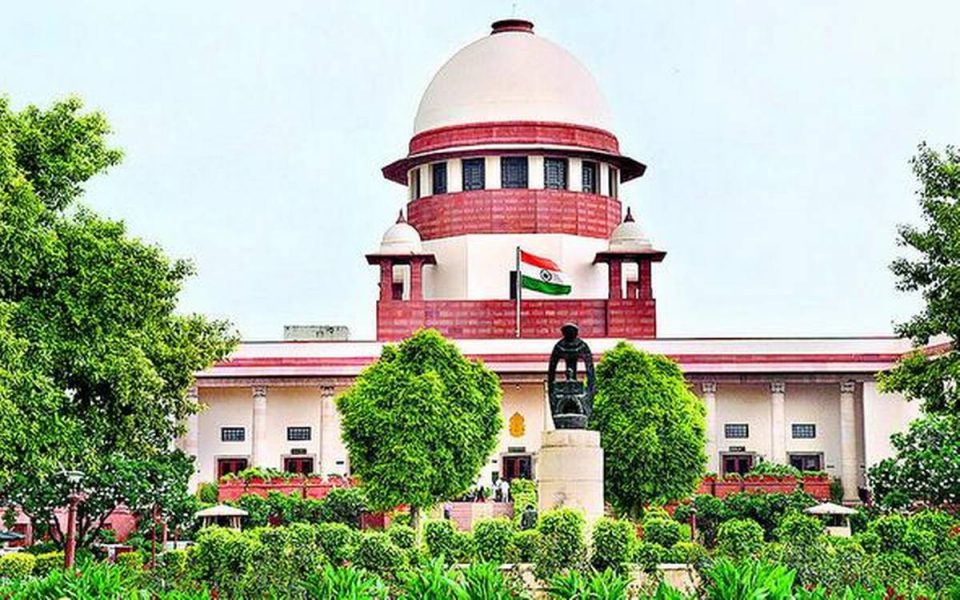
Borrower can’t claim as a right extension under one-time settlement scheme: SC

A borrower cannot claim as a matter of right the extension of time to make payment under the one-time settlement (OTS) scheme, the Supreme Court has said in a verdict.
The OTS scheme allows borrowers who fails to pay their loan and cannot generate adequate funds in the immediate future to make a one-time settlement to pay their dues.
While delivering the verdict on Friday, the apex court said the borrower must establish any right in its favour to claim the extension as a matter of right.
Also read: Debt recovery: Thugs are problematic; Grameen Bank model is more feasible
With this, the Bench of Justices M R Shah and Krishna Murari quashed the Punjab and Haryana High Court judgment delivered in March. The HC had granted six weeks to a company to pay the balance with interest to the State Bank of India according to the sanctioned letter of OTS.
“Rewriting the contract” not permissible
The SC observed that rescheduling the payment under the OTS scheme and granting any extension would be equivalent to “rewriting the contract.” That is not permissible while exercising powers under Article 226 of the Constitution, it said. Article 226 deals with the power of high courts to issue certain writs.
The contract can be modified only by mutual consent under Section 62 of the Indian Contract Act, the apex court ruled.
“The borrower cannot claim that, though it has not made the payment as per the sanctioned OTS scheme, still it be granted further extension as a matter of right. There cannot be any negative discrimination claimed,” the Bench said.
OTS scheme stated six months
The top court delivered its verdict on an appeal filed by the SBI against the HC judgment. It noted that the bank had sanctioned cash credit in favour of the borrower. The bank later came up with the OTS scheme in September 2017. It specifically provided for making the payment as settled under the scheme within six months of the date of sanction.
Also read: Bad bank is a bad idea; it’s brushing balance sheets under the carpet
The SC noted that the bank sent the OTS offer to the borrower, who accepted it. Under the sanctioned OTS, the borrower had to deposit 25 per cent of the amount by December 21, 2017. The balance amount, with interest, was to be deposited within six months of the date of the letter.
But the borrower requested an extension of eight to nine months for the repayment of the balance amount of Rs 2.52 crore. The bank turned down the request and directed it to pay up by May 21, 2018. The borrower then approached high court, seeking eight to nine months to pay the outstanding amount beyond May 21, 2018.
“Quashed and set aside”
In its verdict, the apex court noted that the bank had floated other OTS schemes and offered the borrower to settle the account, but the company did not opt for them. It said the question that arose for its consideration was whether, in this case, the HC was justified in extending the period under the sanctioned OTS scheme while exercising powers under Article 226.
The Bench said the sanctioned letter dated November 21, 2017, specifically mentioned that the entire payment was to be made by May 21, 2018. “It is an admitted position that the borrower did not make the payment due and payable under the sanctioned OTS scheme on or before the date mentioned in the sanctioned letter,” it said.
Also read: SBI report warns of freebies time-bomb, urges SC to cap such spends at 1% of state GDP
While allowing the appeal, the Bench said the judgment passed by the HC by exercising powers under Article 226 was “unsustainable” and, therefore, was “quashed and set aside.”
(With agency inputs)

